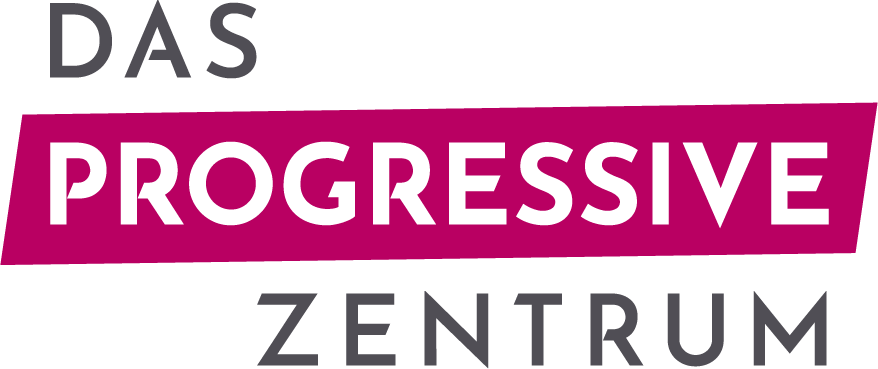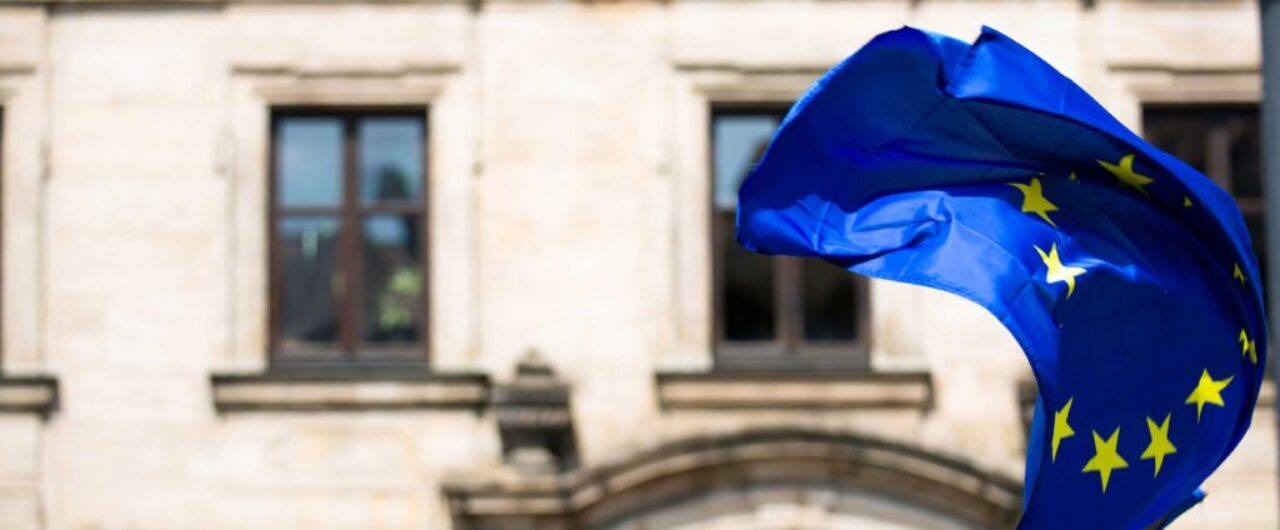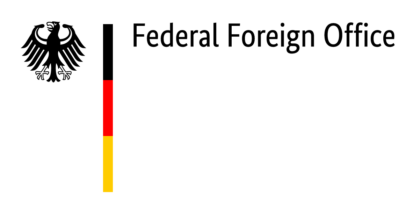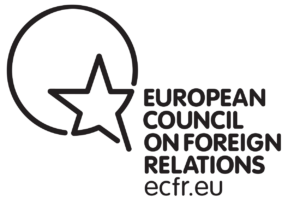The new project from Das Progressive Zentrum wants to develop future visions for a European public sphere and weave them into the goals for the European Council Trio-Presidency.
Europe: best experienced through its public sphere!
One of the European Union’s greatest achievements has been overcoming borders and nationalism – not only because a unified Europe guarantees peace and well-being, but also, because the global challenges of our times, such as the Covid-19 pandemic, climate change and international migration can only be handled sustainably through cooperation.
Even when the European Union is increasingly criticised for its handling of these challenges, at the same time it is clear: nation-states alone will not be able to successfully take-on the borderless challenges of the early 21st century. For this, a strong, solidaric and democratic European Union is needed. A central cornerstone for such a Europe is a living European public sphere. We understand this as a shared space, in which a European identity develops, where shared values are practised and shared experiences are the norm. In this sphere, European politics are practised, they find resonance and legitimacy. This European public sphere is a fundamental requirement that Europe is not just a common domestic market, but instead a value-based community founded upon solidarity.
Daring New Spaces: Future visions for more Europe
With this backdrop, the project Daring New Spaces: Striving towards a European Public Sphere was initiated by Das Progressive Zentrum, supported by the German Federal Foreign Office and in cooperation with the Mercator Stiftung. Our initiative plans to measure the current state of the European public sphere and to identify current challenges. Building on these results, we aim to develop guiding principles for the European public sphere of the future as well as gathering existing successful practices.
A European public sphere ideally is the connecting piece between European politics and European citizens. It can be found concretely in mediating structures or also in the more abstract, for example, created in artistic and cultural forms. Organised civil society, artists, culture creators as well as media actors play an essential role in our project: as constitutive and integral parts of the European public sphere, as idea generators, and constructively critical, supervisory bodies of European politics. With its help and expertise, we want to answer the following fundamental questions: what should a European public sphere of the future feature? Which steps must be taken along the way? And which practices currently contribute to attaining guiding principles or have the potential to do so?
Ideal Moment: EU Council Trio-Presidency of Germany, Slovenia and Portugal
The project is happening during a special point in time: in July 2020, Germany took over the Presidency of the EU Council for six months. As the EU member-state with the highest population, the current holder of the EU Presidency will have decisive influence on if and with how much resolve the European Union can support values such as solidarity, rule-of-law, and cohesion, especially during these times of global challenges. One of the strongest voices and valuable resources for lived European values and for a vital European public sphere is a pro-European civil society. The current Trio-Presidency of the EU Council can wield this power by entering a constructive dialog with organised civil society.
We are convinced that the German EU Council Presidency requires a focus on civil society, in order to develop visionary future visions. Through this, organised European civil society should be offered the opportunity to bring in their potential and future visions, but also their challenges, to the Trio-Presidency of the EU Council. If this exchange is successful, we will take a decisive step forward. A step into the European public sphere, which offers a shared space to connect European citizens with European politics.

Supported by
In cooperation with




